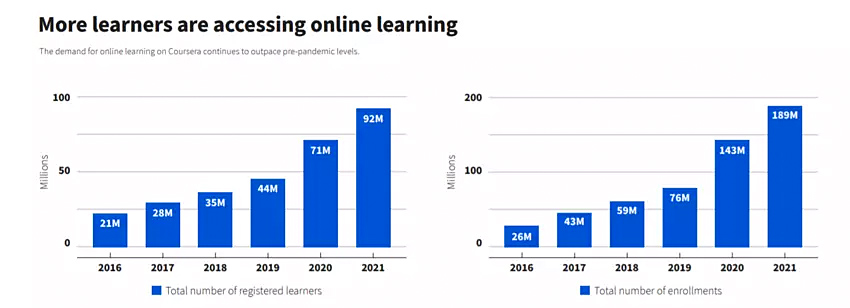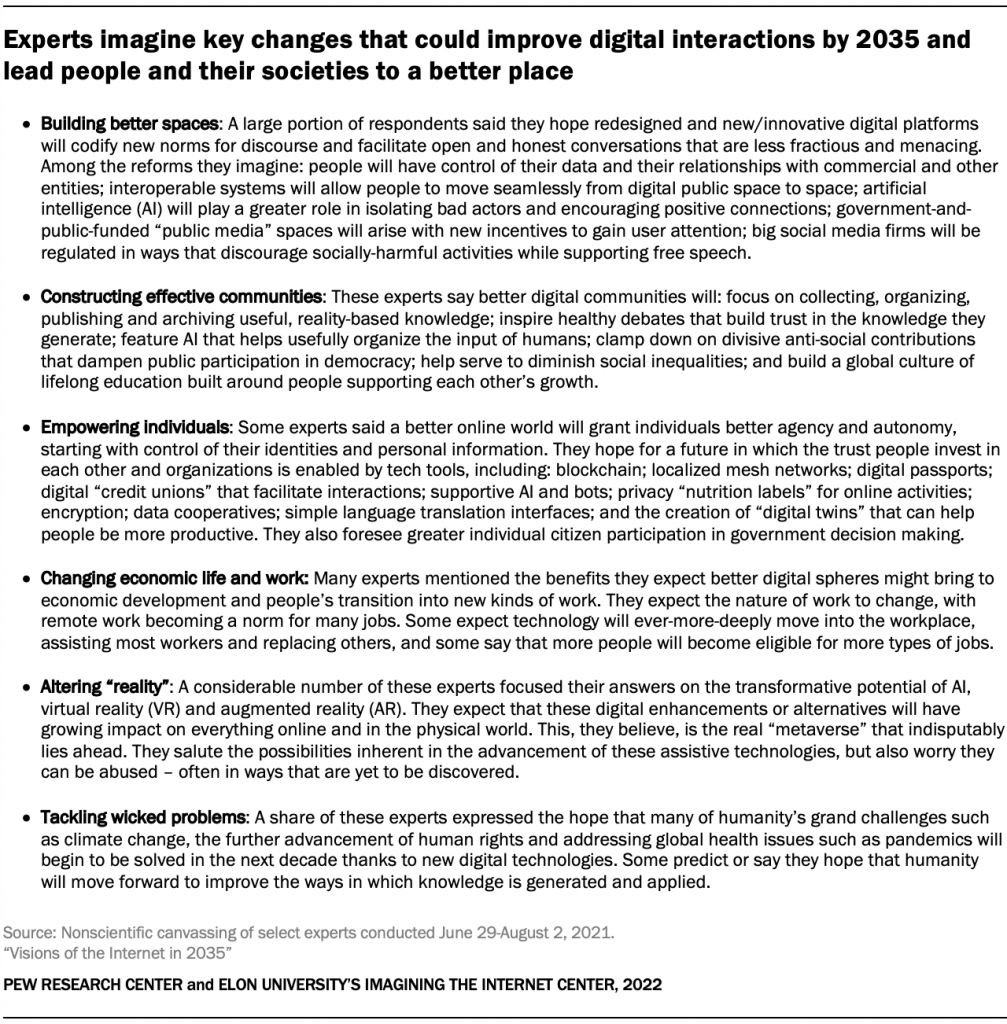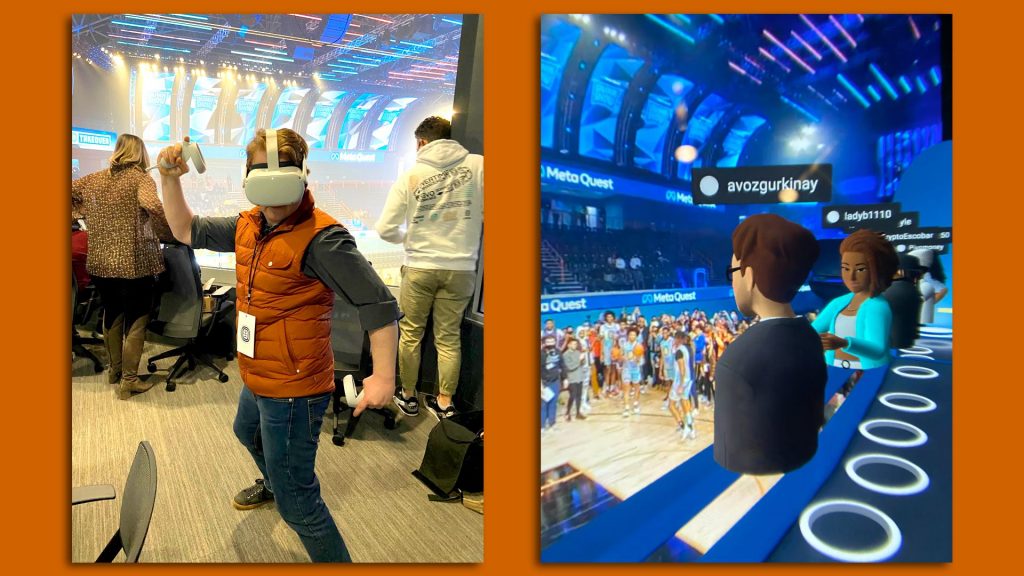5 Tips for Online Tutoring Based on New Research — from techlearning.com by Erik Ofgang
Matthew Kraft, a professor at Brown University, shares some best practices for implementing online tutoring programs based on his recent research.
Excerpt:
While in-person high-dosage tutoring has been shown to improve student learning in multiple studies, the extent that this translates to online tutoring is not as well researched. However, a recent pilot study of online tutoring in which college students volunteered as tutors and were paired with middle school students in Illinois found consistently positive effects of online tutoring on student achievement, though these effects were smaller than had been seen for in-person tutoring.














